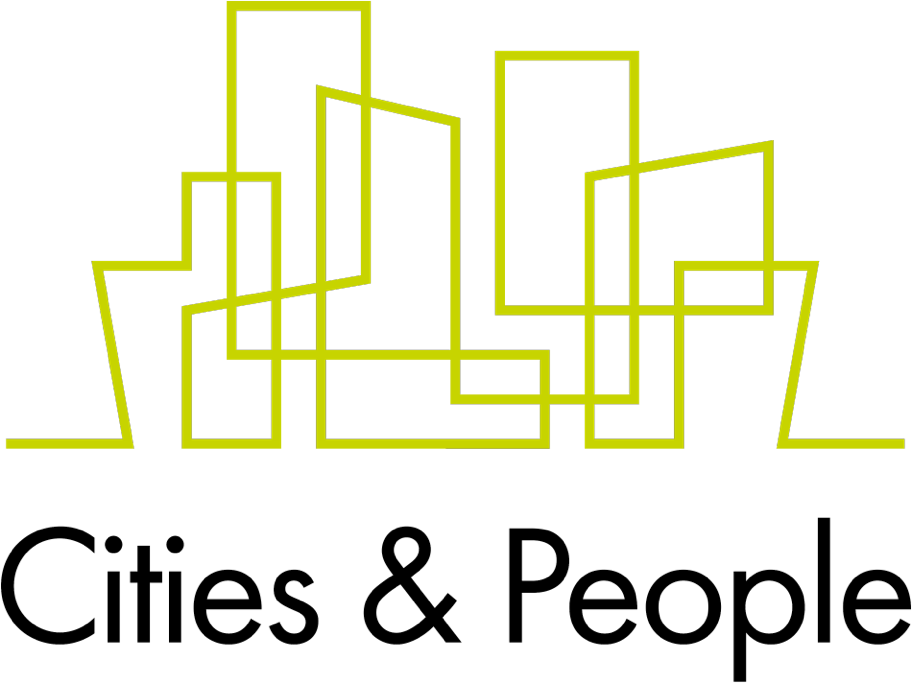I’ve been thinking a lot more about disability movements and policies lately, and about how we can use our resources and knowledge at Cities & People to support and advance those movements and policies. It’s not new territory for me, personally or professionally. But I’ve come across some new works that have redirected my thinking, and I’d like to share them with you.
Read MoreIn every community I've worked in for capacity building, some kind of important community organizing (formal or informal) could be identified prior to my entrance. This work is foundational not only to the when we come to develop programs, but in terms of the information we need to conduct an authentic evaluation of what we think of as "our intervention." What's more, this work is likely to keep happening at some pace and to some scale, whether we are investing from the outside or not.
Read MoreBy designing programs that required tens and perhaps even hundreds of people to fly, I was racking up metric tons without even flying the miles myself. I was designing learning communities, for instance, that were dispersing 185 metric tons or more of carbon dioxide into the atmosphere of our vulnerable planet! I want to take my work to scale, but not like this.
Read MoreThe whole point of learning about the system of oppression was so that we could see how it organizes us. When you see how you and others are being organized by the logic of white supremacy, patriarchy, imperialism, and capitalism, then you are in a better position to develop an intervention – to fight back strategically rather than to merely react to what is loudest or most appalling.
Read MoreLike all good pilots, we'd learned and corrected course as we went along, and while those course-corrections were documented, recommendations for what to do with specific objections were absent. WWMQPD? He'd roll up his sleeves and analyze each objective in turn, deriving useful recommendations as he went along. That made sense. I figured I'd just throw the nine objectives in to a table and write a few sentences about each one. No big deal, right?
Read MoreI could tell he thought I was a little nuts. "No," he insisted. "Separate diseases, separate expertise."
Read MoreCommunities of Practice tend to go awry when conveners and/or facilitators are not adept at the core conceptual components required for success, and the more often this happens in the philanthropic sector, the less likely participants are to enter the Community of Practice space in an open and optimistic way.
Read MoreBlogging from the American Evaluation Association's Evaluation 2017 conference in Washington, DC.
Read MoreI remember being asked to attend a small meeting years ago at a radical Bay Area grassroots organization. There were five other folks at the table, and I was surprised (and delighted) to see that one of them was a member of the Board of Supervisors. Later, I mentioned to the meeting organizer that I was impressed her org could just call up this big-city supervisor and get him to attend attend. She laughed and told me I had it all wrong – the supervisor had actually called the meeting; she'd just taken care of the logistics.
Read MoreI'm with you, Senator Harris. Let's go! But, how? We can all agree that we must act quickly and strategically in the work we are doing right now to protect our communities, but the way forward is murky at best. Over the last few days I've been checking in with my clients, and in one way or another the conversation ultimately lands on, "What makes sense now?" As we've all pretty much figured out at this point, our "now" is wholly unlike any moment before.
Read More









